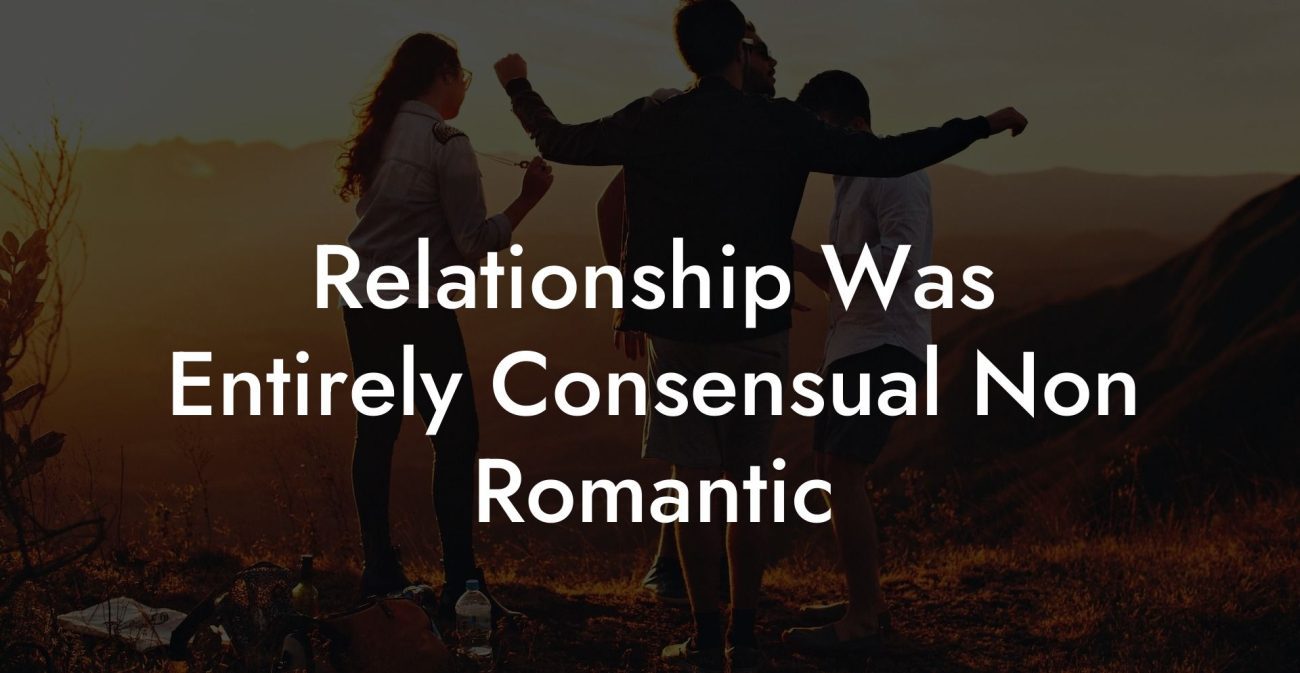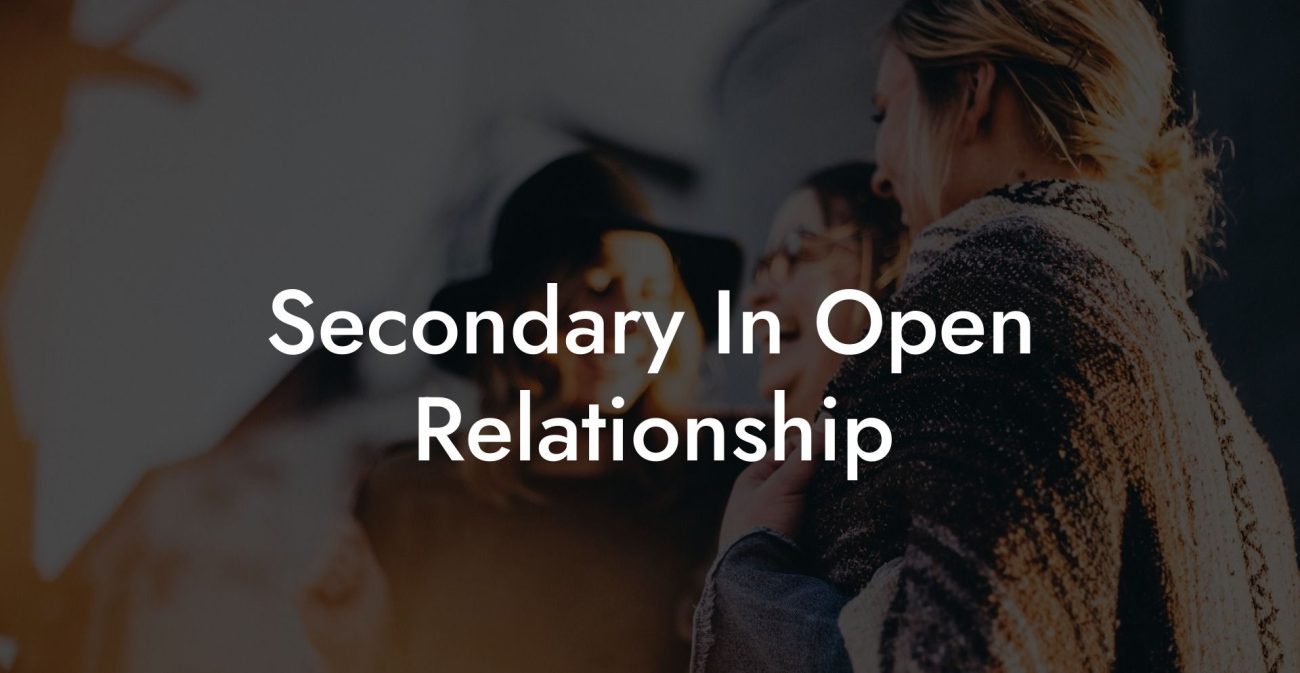The world of consensual non-monogamy can often feel like a maze filled with complex terminology and different relationship structures. This can be overwhelming, especially for someone new to this lifestyle. But fear not! The Monogamy Experiment is here to provide an engaging and comprehensive guide to the terms and concepts you need to know. Ready to expand your understanding and explore the diverse forms of consensual relationships? Let's dive in!
Terminology Of Consensual Relationship Table of Contents
1. Monogamy
Monogamy is a type of relationship where individuals are romantically and/or sexually exclusive with one partner at a given time. This is the most socially accepted and traditional form of relationship.
2. Non-monogamy
Non-monogamy is a broad term that encompasses any relationship that goes beyond the concept of exclusive partnership. In other words, it includes all relationship structures where one or both partners can have multiple romantic or sexual relationships simultaneously.
2.1. Hierarchical non-monogamy
In hierarchical non-monogamy, there is a clear ranking of partners like primary, secondary, and so on. The primary partner is often given the most privilege, commitment, and importance in the relationship, while secondary partners have less.
2.2. Non-hierarchical non-monogamy
In this type of non-monogamous relationship, there are no predetermined rankings or importance levels assigned for each partner. All relationships are treated as equally significant and valued.
3. Polyamory
Polyamory is a form of consensual non-monogamy that involves having multiple ethical, loving, and committed romantic relationships simultaneously. Unlike other types of non-monogamous relationships, polyamory emphasizes genuine emotional connections between participants.
3.1. Solo polyamory
Solo polyamory refers to individuals who maintain their independence and autonomy, without seeking a primary or nesting partner. These individuals usually prioritize their personal growth and freedom over traditional relationship commitments.
3.2. Metamour
A metamour refers to the partner of one's partner but is not in a direct relationship with oneself. They are in essence your partners’ other partners in polyamorous relationships, and often can function as a support system.
4. Swinging
Swinging is a non-monogamous lifestyle that primarily focuses on recreational sexual encounters between consenting couples, usually at private events or designated clubs. Emotional connections are generally discouraged or avoided in swinging.
5. Open relationships
An open relationship is a form of non-monogamy where partners agree to engage in sexual relationships with other people, while still maintaining their primary, emotionally committed relationship.
6. Polyfidelity
Polyfidelity is a type of consensual non-monogamy that involves commitment and exclusivity within a specific group of individuals. Everyone in the polyfidelitous relationship can only be romantically or sexually involved with other members of the group.
Terminology Of Consensual Relationship Example:
John and Jane are a married couple who have been together for ten years. Recently, they started discussing their options for opening up their relationship. After researching different forms of consensual non-monogamy, they decided to establish a polyamorous relationship structure.
Among their close friends, they found Rob and Rachel, who are also a married couple interested in this lifestyle. As a group, they decided to practice polyfidelity and emotionally commit to each other as a "quad." Together, they set up boundaries and rules to ensure every member was respected and cared for in this multi-faceted relationship.
Congratulations! You've now gained foundational knowledge about the terminology of consensual relationships! As you continue to explore the concepts of monogamy, polyamory, and various forms of non-monogamy, remember that open communication, honesty, and mutual respect are crucial for maintaining trust and achieving fulfilling relationships.
If you've found this article helpful, we encourage you to share it with your friends and explore other guides on The Monogamy Experiment to further enrich your understanding of the complexities of the relationship world. Until next time, good luck on your journey!













